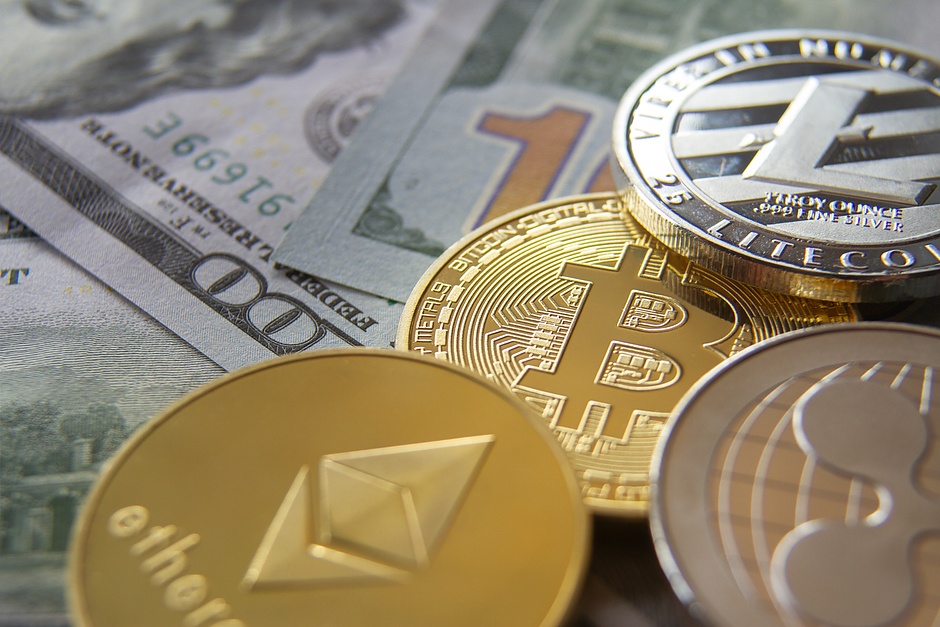Privacy-Focused Cryptos Hunted Down by Forensics and Exchanges

As Japan and South Korea — two of the largest cryptocurrency exchange markets in Asia — are increasingly pressuring exchanges to delist privacy-focused crypto assets, and concerns are rising that it could lead to more markets, at least in Asia, to follow the trend of the two major countries.
Meanwhile, Blockchain analytics firms like CypherTrace appear to be developing technologies to better understand the structure of privacy-focused coins and to trace transactions initiated by cryptocurrencies. Speaking to Cointelegraph, a spokesperson for CypherTrace said that the company expects to see some progress by 2020 on privacy coins, stating, “We look forward to some results on privacy coins in 2020.”
But as things stand, analytics firms are still not close to finding a solution for tracing transactions processed by some privacy coins like Monero, which may make it more difficult for privacy coins to remain listed on strictly regulated exchanges that support fiat pairs.
The crypto exchange market in Asia and privacy coins
Japan and South Korea have essentially imposed a blanket ban on privacy-focused cryptocurrencies like Monero (XMR), Zcash (ZEC) and Dash (DASH), which, officers at the Japanese Financial Services Agency like to describe as the “three anonymous siblings.”
Throughout the past year, the G-7, an organization consisting of the seven largest economies, and the Financial Action Task Force (FATF), which operates under the G-7, have shown efforts to unify basic regulatory frameworks surrounding cryptocurrencies.
With the push of Japan, both the G-7 and the FATF and have pressured major markets to take action against privacy coins, leading large exchanges like UPbit and OKEx to delist Monero, Dash, Zcash and several other cryptocurrencies. On Sept. 10, OKEx Korea said in an official statement translated by Cointelegraph:
“According to the statement corresponding to FATF R.16, […] We have decided to take measures to end trading support for stocks classified as privacy-oriented cryptocurrencies, aka dark coins.”
As reported by Cointelegraph, UPbit, the largest cryptocurrency exchange in South Korea by volume, also delisted privacy coins due to money laundering concerns. UPbit said in a statement, “The decision to end trading support for the crypto-asset was also made to block the possibility of money laundering and inflow from external networks.”
Cryptocurrency exchanges in Japan and South Korea planned to support the stance of their respective governments to prohibit the trading of privacy coins prior to the meetings held by the FATF. However, the FATF released a document following its second plenary meeting entitled, “Outcomes FATF Plenary, 20–22 February 2019,” explicitly stating that entities described as virtual asset service providers will have to comply to the revisioned requirements of the FATF Standards.
Others to follow G-7 and FATF guidelines?
The revised requirements for virtual asset service providers could make it mandatory for all regulated exchanges located in G-7 countries to discard support for privacy coins, creating a more difficult environment to trade the digital assets.
Regulated exchanges in the United States like Coinbase and Gemini have not supported privacy coins since their inception, with the exception of Zcash in the case of Gemini. It remains unclear whether Zcash can be considered a privacy coin, as it provides users the option of processing transactions that are not private.
To process private transactions of Zcash, shielded transactions have to be initiated, and on most exchanges and wallets, shielded Zcash transactions are not processed. Due to the ability of Zcash to comply with local regulations, Gemini has supported Zcash since May 2018, and management at the Electric Coin Company has said on several occasions that ECC is working with OKEx and other South Korean exchanges to list Zcash.
Is there a solution?
For privacy coins that purely focus on being private, like Monero for instance, it may not be possible for blockchain analytics firms to establish an efficient method of tracing transactions. As a CypherTrace spokesperson told Cointelegraph:
“Monero in particular has a very privacy focused technology including ring signatures and mixing. Most coins have a much more transparent blockchain and are not actively trying to prevent analysis.”
Hence, for Monero and a select few other privacy coins, at least in the foreseeable future, regulated cryptocurrency exchanges that either don’t support privacy coins or have already delisted privacy coins are highly unlikely to list them again.
The Federal Ministry of Finance of Germany, which is a member of the G-7, released a report at the end of October entitled, “First National Risk Analysis 2018/2019,” stating that the growing usage of Monero on the darknet makes it more dangerous than Bitcoin. The report says:
“Due to the increasing popularity of Monero on the Darknet, it can be foreseen that this crypto asset, especially, will gain more practical relevance in the future in the area of securing and exploitation.”
It did not single out Monero, adding that other privacy coins like Zcash can also be used to launder money. The growing pressure from G-7 countries for exchanges to deal with privacy coins will further push the FATF to apply guidelines and standards to prevent money laundering, making it harder for exchanges to support privacy coins.
Zcash has the best chance, but does it count?
Given its selective privacy option that allows users or service providers like exchanges to choose whether to implement private transactions or not, combined with the support from a top U.S. cryptocurrency exchange in Gemini, Zcash seemingly has the best chance of being listed by exchanges operating in G-7 countries.
Gemini is able to process Zcash transactions with the approval from the New York Department of Financial Services likely because it only supports withdrawals for non-shielded transactions.
Like how Gemini supports Zcash, the FATF may likely require exchanges to be able to monitor and trace transactions as needed before privacy coins can be listed on major exchanges. Without such solutions, maintaining compliance with the FATF’s requirements could prove too challenging, particularly since they became stricter following the organization’s second plenary meeting in February 2019.
Would the delisting of Monero hurt chances of tracing?
Earlier this year, in February 2019, Kimberly Grauer at the crypto analytics form Chainalysis said that Monero is a top priority for the firm, and tweeted, “We can easily track the funds in and out of a DNM [darknet market]. If you ever want to convert your crypto into fiat, you’ll have to go through an exchange, which will force you to KYC, so there’s still hope.”
However, if Monero is delisted from exchanges and trades begin to be processed in a peer-to-peer manner, it will become almost impossible for blockchain analytics firms to find the identity behind the Monero transactions. Therefore, delisting of Monero from exchanges could hurt the chances of analytics firms tracing funds involved in criminal activities.
Author

Cointelegraph Team
Cointelegraph
We are privileged enough to work with the best and brightest in Bitcoin.




